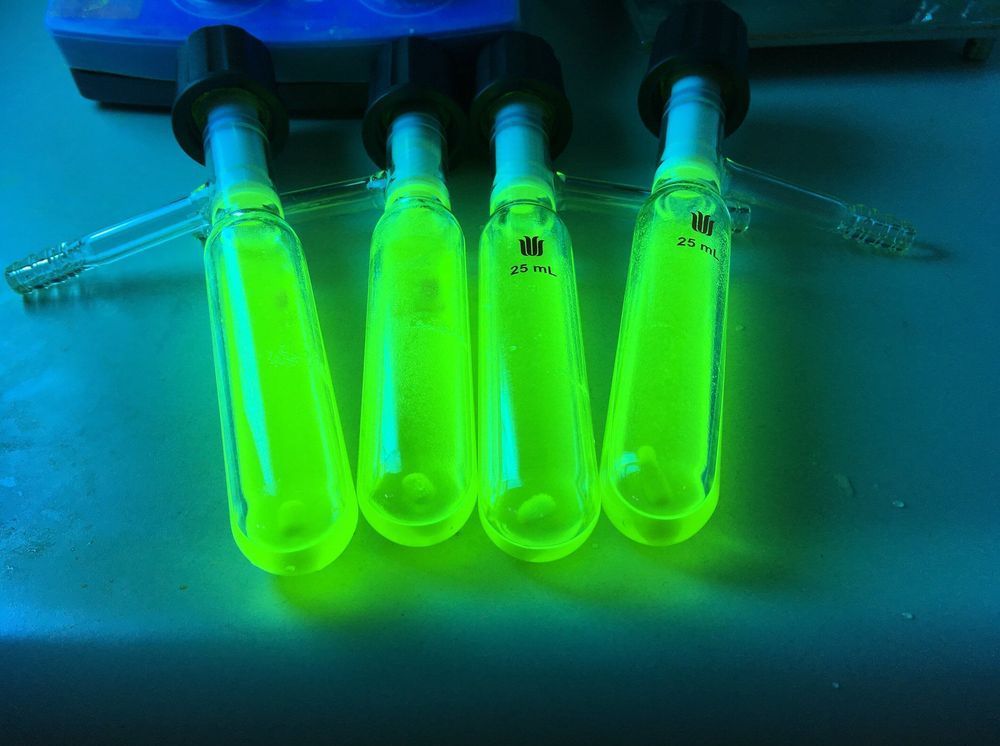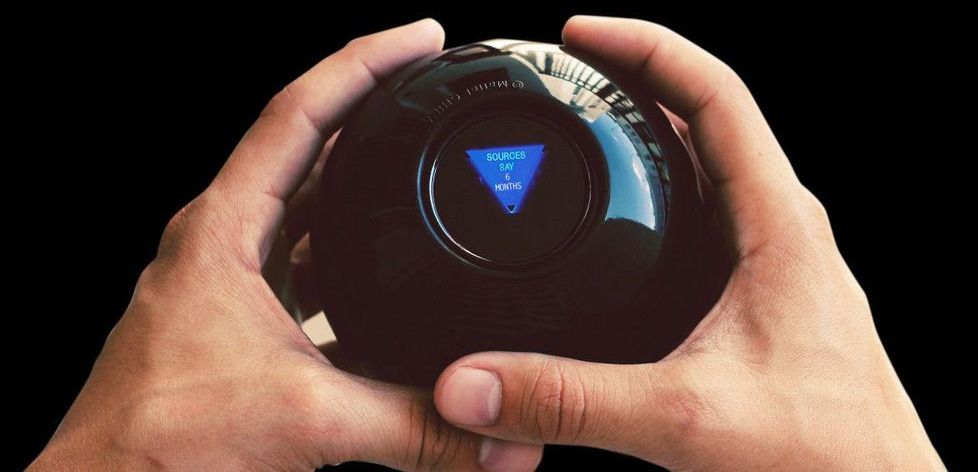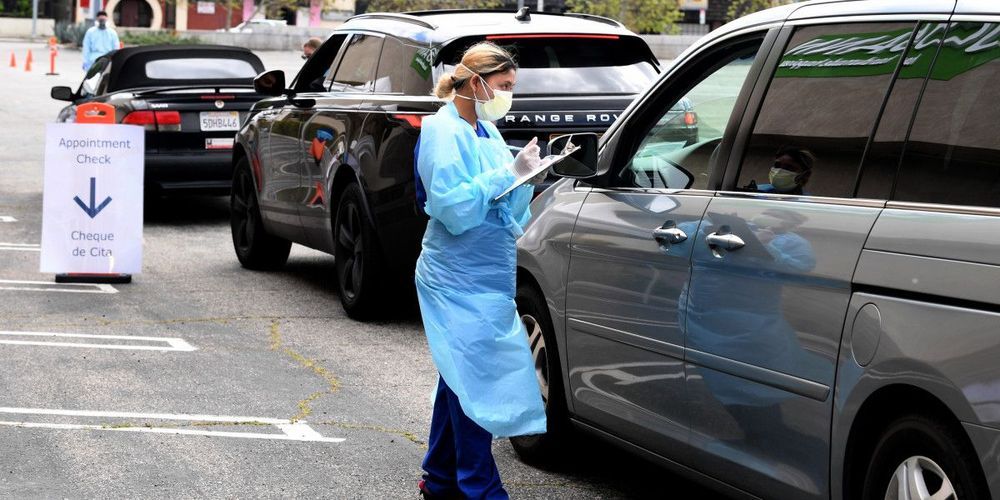Sarah Ives’s talk on our broad spectrum vaccine technologies, and many others on Nextopic: nexverse.org/pandemics


We are going over the latest news, as well as any breakthrough findings on the virus. In today’s updates, we’ll discuss Remdesivir, elevated risk of severe infection in men, COVID toes, UK vaccine trial as well as answer your questions from the comments below.
Numbers update
:04 Remdesivir
:10 Gender differences with COVID-19
:14 Covid Toes
:16 Rare inflammatory syndrome in children.
:18 UK Vaccine trial
:19 Pete the Cat
:20 How Are people carriers without symptoms?
:25 Could COVID-19 vaccine lead to common cold vaccine?
:27 How to clean groceries after shopping?
:29 Do postmenopausal women suffer infections as bad as men?
:32 How are people in the hospital being treated for COVID-19?
:34 How successful is plasma therapy?
:36 How is COVID-19 data being collected?
:39 Can you get reinfected after recovering from the virus?
:42 How long does immunity last (if immune at all)?
:45 Can the virus enter the body thru the eyes/ears.

Light falling on our retinas triggers signals that pass up the optic nerve, causing neurons to fire in the brain so we can process what we see. Long after scientists discovered this fact they have learned its not the whole story; some of the retina’s cells do the opposite, suppressing activity in the brain. It will probably be a long time before we really grasp the reasons for this, but it appears to make for a more stable circadian rhythm and therefore sleeping cycles.
Biologists call messages that increase neuron firing ‘excitatory signaling’ and those that reduce activity ‘inhibitory signaling’. It has been taken for granted for decades that the eye only produces excitatory signals.
Dr Takuma Sonada has overthrown that idea with a paper in Science, based on his work while a PhD student at Northwestern University reporting on a subset of retinal ganglial cells (RCGs) whose signals are inhibitory.


At the Paul Scherrer Institute PSI, researchers have gained insights into a promising material for organic light-emitting diodes (OLEDs). The substance enables high light yields and would be inexpensive to produce on a large scale—that means it is practically made for use in large-area room lighting. Researchers have been searching for such materials for a long time. The newly generated understanding will facilitate the rapid and cost-efficient development of new lighting appliances in the future. The study appears today in the journal Nature Communications.
The compound is a yellowish solid. If you dissolve it in a liquid or place a thin layer of it on an electrode and then apply an electric current, it gives off an intense green glow. The reason: The molecules absorb the energy supplied to them and gradually emit it again in the form of light. This process is called electroluminescence. Light-emitting diodes are based on this principle.
This green luminescent substance is a hot candidate for producing OLEDs, organic light-emitting diodes. For about three years now, OLEDs have been found in the displays of smartphones, for example. In the meantime, the first flexible television screens with these materials have also come onto the market.

Starting in the fall of 2016 and continuing into 2018, researchers at Columbia University in Manhattan began collecting nasal swabs from 191 children, teachers, and emergency workers, asking them to record when they sneezed or had sore throats. The point was to create a map of common respiratory viruses and their symptoms, and how long people who recovered stayed immune to each one.
The research included four coronaviruses, HKU1, NL63, OC42, and C229E, which circulate widely every year but don’t get much attention because they only cause common colds. But now that a new coronavirus in the same broad family, SARS-CoV-2, has the world on lockdown, information about the mild viruses is among our clues to how the pandemic might unfold.
What the Columbia researchers now describe in a preliminary report is cause for concern. They found that people frequently got reinfected with the same coronavirus, even in the same year, and sometimes more than once. Over a year and a half, a dozen of the volunteers tested positive two or three times for the same virus, in one case with just four weeks between positive results.

There is widespread agreement that the only way to safely reopen the economy is through a massive increase in testing. The US needs to test millions of people per day to effectively track and then contain the covid-19 pandemic.
This is a tall order. The country tested only around 210,000 people per day last week, and the pace is not increasing fast enough to get to millions quickly.
The urgency to do better is overwhelmingly bipartisan, with the most recent legislation adding $25 billion for testing a few days ago. Fears are growing, however, that testing might not scale in time to make a difference. As Senators Lamar Alexander and Roy Blunt wrote last week, “We have been talking with experts across the government and the private sector to find anyone who believes that current technology can produce the tens of millions of tests necessary to put this virus behind us. Unfortunately, we have yet to find anyone to do so.”



The investigators concluded that diffuse bilateral pulmonary inflammation observed in COVID-19 is associated with a novel pulmonary-specific vasculopathy, which is distinct from DIC, and which they’ve termed “pulmonary intravascular coagulopathy (PIC).”
“Understanding how these micro-clots are being formed within the lung is critical so that we can develop more effective treatments for our patients, particularly those in high-risk groups,” O’Donnell commented. “Further studies will be required to investigate whether different blood thinning treatments may have a role in selected high-risk patients in order to reduce the risk of clot formation.”
The authors suggest that larger, controlled studies will be needed to determine whether more intensive anticoagulation and/or targeted anti-inflammatory therapies might help reduce PIC in patients with severe COVID-19. The findings may also be relevant to growing evidence that some ethnicities are more likely to develop serious COVID-19 than others. “Given that thrombotic risk is significantly impacted by race, coupled with the accumulating evidence that coagulopathy is important in COVID-19 pathogenesis, our findings raise the intriguing possibility that pulmonary vasculopathy may contribute to the unexplained differences that are beginning to emerge highlighting racial susceptibility to COVID-19 mortality,” they concluded.